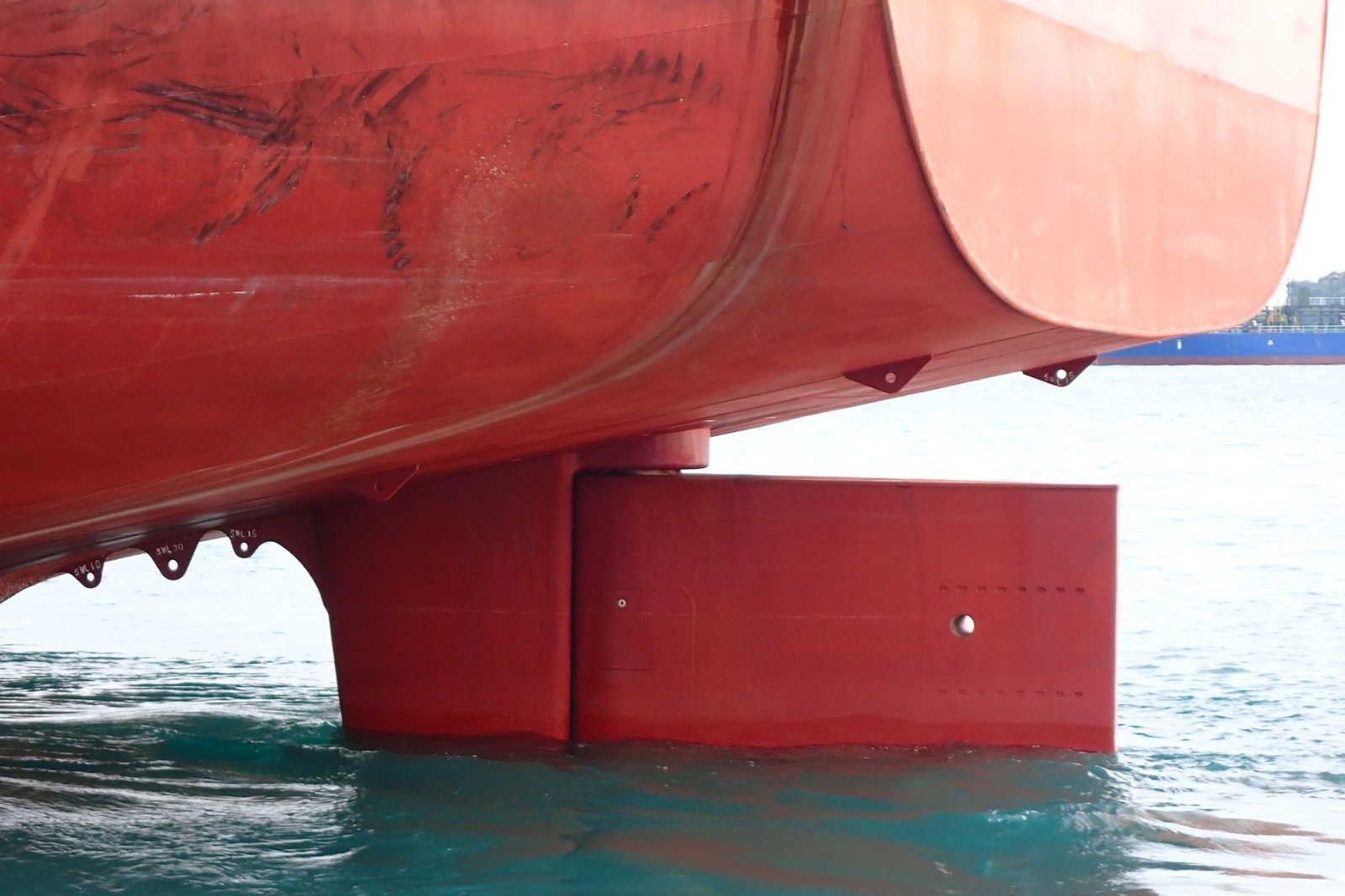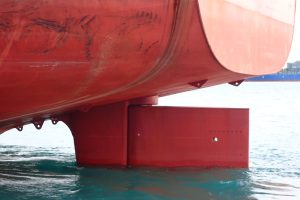Biofouling Management in New Zealand and Australia
In a nation renowned for its pristine natural landscapes and delicate ecosystems, biosecurity stands as a paramount concern for New Zealand and Australia. These countries are acutely aware of the threats posed by invasive species, diseases, and contaminants. In response, Biosecurity New Zealand, a division of the Ministry of Primary Industries (MPI), as well as Department of Agriculture, Fisheries and Forestry (DAFF) serve as a vigilant guardian, implementing rigorous measures to protect the nations’ borders and ecosystems.
Biosecurity New Zealand’s mandate extends across various sectors, including the maritime industry. Vessels arriving in New Zealand are required to adhere to strict regulations, including arriving with clean hulls to prevent biofouling—a process where marine organisms attach to ship hulls. Additionally, Biosecurity New Zealand oversees the management of ballast water to prevent the introduction of non-native species into New Zealand waters.
Ms. Greer Whiting from MPI visited our office during the Singapore Maritime Week, shedding light on Biosecurity New Zealand’s initiatives. She emphasized the importance of regulatory compliance under the updated Craft Risk Management Standard (CRMS) for vessels, released in October 2023. This standard outlines minimum reporting requirements and biofouling management protocols for vessels entering New Zealand ports.
The outcome is simple: the vessel must arrive to New Zealand ports with a clean hull.
However, the definition of a clean hull depends on the vessel’s itinerary within New Zealand: short stay vessels (up to 28 days), long stay vessels (over 28 days) and cruise vessels. Each category comes with a designated acceptable level of biofouling on its hull, allowable for entry into the port. Further, the vessels are required to carry documentation showing continual maintenance through best practice or proof to show that the hull was cleaned less than 30 days before arrival or it intends to haul out less than 24 hours after arrival at the port.
Similarly in 2023, DAFF released its updated biofouling management requirements for vessels arriving in Australia. The Australian Biofouling Management Requirements (ABFMR) outline obligations for commercial vessel operators within Australian territorial seas, aligning with regulations in the Biosecurity Act 2015 and the associated legislation. Operators must report how biofouling has been managed prior to arriving in Australian territorial seas in accordance with section 193 of the Biosecurity Act through the department’s Maritime and Aircraft Reporting System (MARS), provided at least 12 hours, but no earlier than 96 hours, before the vessel is estimated to arrive at its first port in Australian territory. This information assists authorities in targeting interventions, assess biosecurity risks and may conduct visual inspection of the vessel upon arrival to manage such risks.
Vessel operators can demonstrate proactive biofouling management through three accepted options: implementing an effective management plan and record book, cleaning all biofouling within 30 days prior to arrival, or using a pre-approved alternative method. Those unable to demonstrate proactive management must provide additional information in their pre-arrival report.
Dive Marine Services: Your Trusted Partner for Biofouling Management
Since 2021, DM Group has performed biofouling cleaning for more than 50 vessels entering New Zealand and Australia. These
include containers, bulk carriers and cruise ships.
Our committed team of divers conduct thorough underwater inspections of vessels to assess biofouling levels and types. We provide detailed reports and cleaning recommendations to our clients. Following cleaning, our photographers document the post-cleaning condition for report preparation, ensuring compliance with the stringent MPI and DAFF standards. These reports would then be vetted and approved by our team of committee members before finalizing them for clients’ submission.
Underwater cleaning operations for Australia or New Zealand ports pose challenges due to limited port stays. Nonetheless, we collaborate with our extensive network of overseas partners to efficiently perform required cleaning tasks across multiple ports.
Reach out to us at [email protected] (HQ) if you need further information or wish to learn more about our services. For more information on Biosecurity New Zealand’s initiatives in the maritime industry, visit MPI’s website. For more information on Australian biofouling requirements, visit DAFF’s website.
Sign up to our newsletter to receive regular updates from DM Group Services.
Talk To Our Team

Eugene’s responsibilities include business development and performance of the company’s business. He has spear headed the diversification of businesses and developed the various subsidiaries within the Group.



